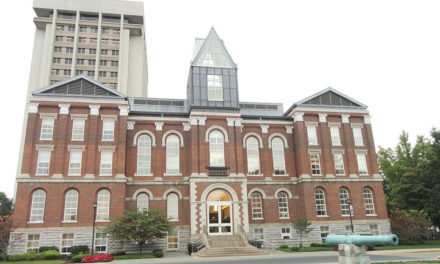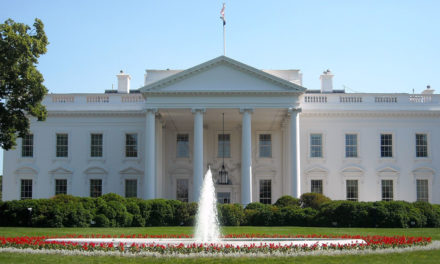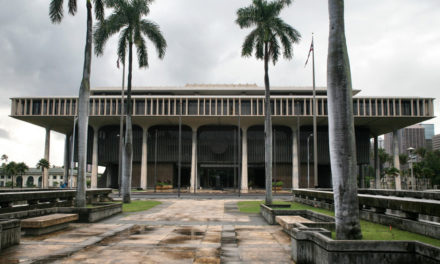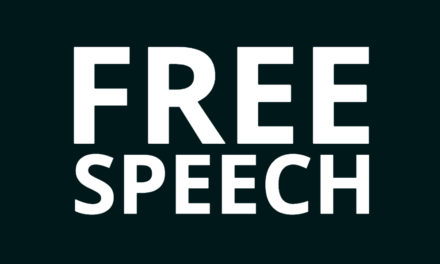On August 3 the Christian flag flew over the Boston City Plaza as the culmination of a First Amendment battle that began in 2017 and went all the way to the U.S. Supreme Court.
No, Beantown’s city government is not professing faith in Christ, but it is allowing Camp Constitution and its director, Harold Shurtleff to fly the flag as part of a ceremony commemorating both our nation’s heritage and their Supreme Court victory.
The origins of the First Amendment battle over the Christian flag began in 2017, when Shurtleff applied to the city for permission to do what other civic groups had done without incident for years: commemorate an event or special day – such as Constitution Day in Shurtleff’s case – with a public rally on the City Hall Plaza and fly a special flag on one of the city’s flagpoles just for the day.
But the city balked because the flag Shurtleff wanted to fly was a Christian flag. In the preceding 12 years, the city had allowed over 50 unique flags to be flown at 284 ceremonies in that location. But Shurtleff’s request was the only one it had ever denied.
The city feared that allowing the flag to be flown on city property would cause the city to violate the First Amendment’s Establishment Clause, which prohibits government from “establishing” an official religion, which has been interpreted to mean supporting or endorsing as well.
The U.S. Supreme Court, in a unanimous opinion written by Justice Stephen Breyer, told the city that it had things backwards.
“We conclude that, on balance, Boston did not make the raising and flying of private groups’ flags a form of government speech,” Breyer wrote. “That means, in turn, that Boston’s refusal to let Shurtleff and Camp Constitution raise their flag based on its religious viewpoint ‘abridg[ed]’ their ‘freedom of speech.’”
At the ceremony on August 3, Shurtleff’s attorney, Mat Staver of Liberty Counsel, spoke to friends of Camp Constitution about the importance of the case.
“For 12 years prior to 2017, and for five years from 2017 to 2022, up until August 3, your viewpoint was excluded from this flagpole public forum,” Staver said. “Every viewpoint was permissible to go on this public forum flagpole except a Christian viewpoint. You were excluded for 12 years before this issue began. For 12 years there were 284 applications, not a single denial, virtually no review and the only reason why Camp Constitution’s request to fly this flag was denied was not because of the flag itself.
“It was Hal Shurtleff’s view of that flag. It was because of one word in the application––the word ‘Christian’ that preceded the word ‘flag.’ He was told by the city official that if he changed the name of the flag to a non-religious name on the application, that flag could have flown in 2017 if Hal would have lied and called it the Camp Constitution flag. This is not the Camp Constitution flag. It is the Christian flag,” Staver added.
The First Amendment principles here are not difficult to understand, as the Supreme Court attempted to explain. Governments cannot endorse any particular religion; that’s what the Establishment Clause forbids. However, when it comes to free speech, which includes symbols like flags, if the government establishes a “public forum” where it invites different private viewpoints to be expressed, it must allow all viewpoints, including Christian ones.
That’s where uninformed government officials get tripped up all the time. And why the Christian flag decision is an important lesson that, if learned well, could prevent future government mistakes about religious speech.
The case is Shurtleff v Boston.
Related:
Supreme Court to Hear Christian Flag Controversy
Supreme Court Agrees to Hear Case of Boston’s Religious Discrimination Against the Christian Flag
Photo from Shutterstock.






